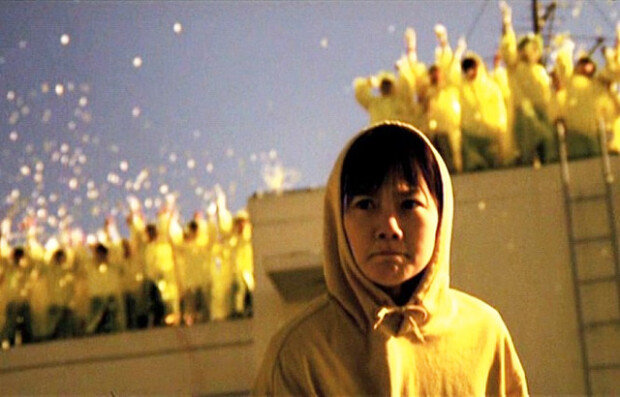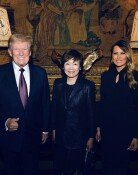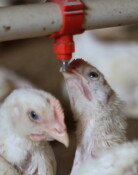Once upon a time in the 2000s
Once upon a time in the 2000s
Posted February. 21, 2020 07:56,
Updated February. 21, 2020 07:56

China and North Korea seem to be reacting quite differently to the Wuhan coronavirus. The global community criticizes Xi Jinping’s China for neglecting, concealing and responding late to the virus. In the meantime, North Korea acted quickly on it by prohibiting entry of all foreign nationals including Chinese in late January. North Korea has sealed off the entire country, while other countries such as South Korea isolate confirmed and suspected patients in hospitals and homes.
Difference responses of the two countries come from the essential common ground: Absence or lack of free speech and routes to deliver voices of the weak to power. Doctors who had a hunch of the situation were stigmatized as rumormongers and routes for voices were blocked off because leaders did not understand the seriousness of the situation and ignored it. Weak mechanisms for political communication were another reason that North Korea raised the stakes and isolated itself as central authorities could not notice the spread of the virus in rural regions.
Does the North Korean leadership understand political and economic ripple effects of COVID-19 on its regime in which no one can speak the truth? The North Korean regime denies it, but it is said that there is a confirmed case of the infectious disease. There is a report that oil price is rising, which has not budged at the sanctions of the U.S. and the global community after cutting off official and unofficial trade with China. The latest virus from China is ironically enhancing the effect of North Korea sanctions that China has worried so much about.
In Hanoi, Vietnam in late February last year, North Korean leader Kim Jong Un made a nonsensical suggestion to switch nuclear facilities in Yongbyon with sanctions against North Korea to the U.S. President Donald Trump. Kim must have thought China was behind him. According to the statistics of the Korea International Trade Association, North Korea’s degree of dependence upon trade with China has been over 90 percent since 2017 when sanctions against Pyongyang were strengthened to the highest level. Official trade with China, smuggling and Chinese tourists have been backing North Korea amid sanctions of the U.S. and the global community without abolishing its nuclear facilities. The North, however, has eventually caused the current uncertainty by turning away from the right answer of giving up its nuclear programs and making exchanges with other countries.
It is a well-earned punishment to the isolated regime. If the North Korean leader saw the hidden backwardness of China and the attitude of the Chinese communist authorities, which became the cause of the current crisis, Kim must have done a double take. A sound leader would have thought he should not depend to much on China just because the talks with the U.S. do not go well and he is disappointed with South Korea. A good leader would have realized that North Korea is too vulnerable and swayed much by what happens in China. Also if Kim understands that his realization is the essence of the theory of interdependence, his time spent in Switzerland is worth it.
This theory that belongs to liberalism of international politics explains relations between countries with a concept of sensitivity and vulnerability. Sensitivity is the negative influence that changes in a country have upon other dependent countries. Vulnerability is the cost that rises when one country cuts of interdependent relations. The higher sensitivity and vulnerability are, the more dependent countries become. It is the current situation in North Korea.
Kim’s family has been avoiding to stand on one side between China and Russia. North Korea became complacent and lazy due to the Soviet Union’s generous aid, which led to an economic crisis called “North Korea famine” when the Soviet collapse in the 1990s. I wonder if Kim Jong Un’s father, Kim Jong Il, would have told his son not to put all eggs in a basket.
Suk-Ho Shin kyle@donga.com
Headline News
- Joint investigation headquarters asks Yoon to appear at the investigation office
- KDIC colonel: Cable ties and hoods to control NEC staff were prepared
- Results of real estate development diverged by accessibility to Gangnam
- New budget proposal reflecting Trump’s demand rejected
- Son Heung-min scores winning corner kick







